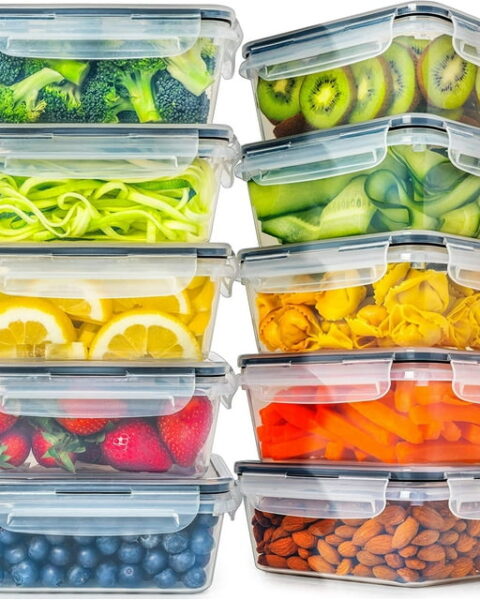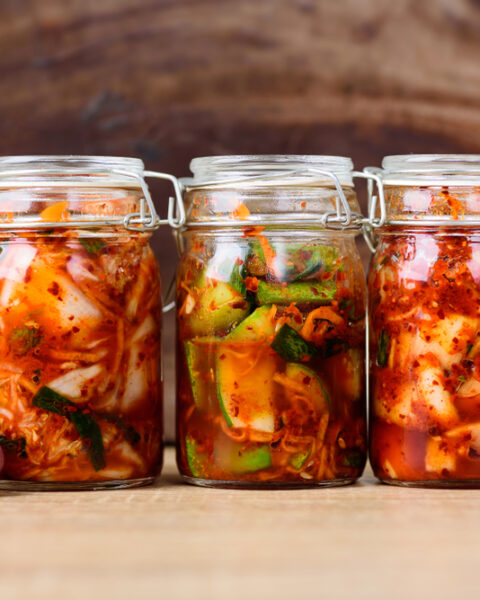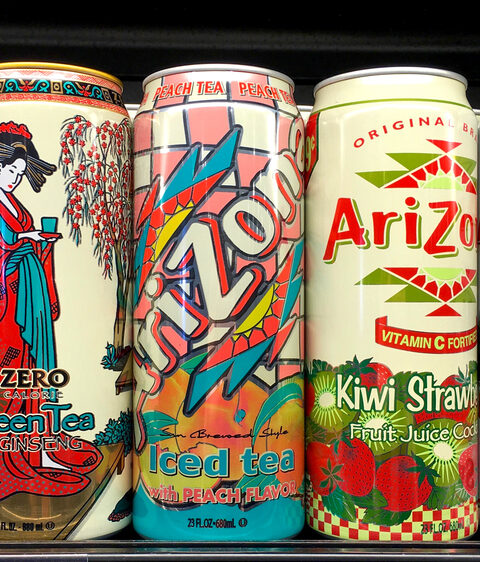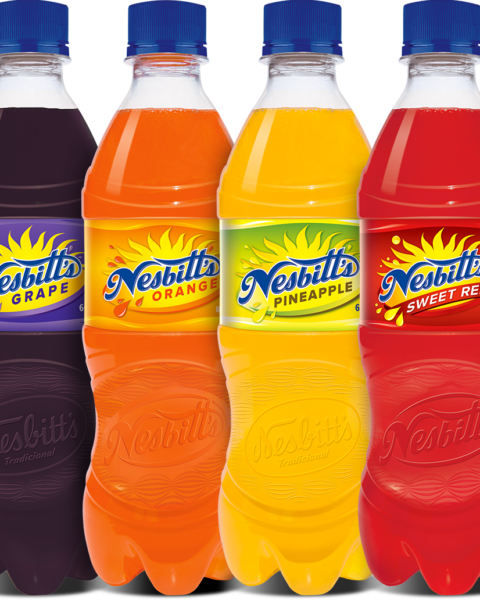You ever notice how some foods just seem to make your stomach feel better? Fermented foods are like that – they’re not only tasty but packed with good-for-you probiotics that help keep your digestion running smoothly. These foods are the result of a natural fermentation process, which adds a boost of beneficial bacteria to your gut. Including more of them in your diet can do wonders for your digestion, reducing bloating and keeping things balanced. Plus, they offer a variety of flavors and textures, making it easy to find something you’ll love.
Contents
- 1 Yogurt
- 2 Kefir
- 3 Sauerkraut
- 4 Kimchi
- 5 Miso
- 6 Tempeh
- 7 Kombucha
- 8 Natto
- 9 Pickles
- 10 Buttermilk
- 11 Kvass
- 12 Sourdough Bread
- 13 Fermented Garlic
- 14 Fermented Carrots
- 15 Idli
- 16 Lassi
- 17 Gochujang
- 18 Fermented Beets
- 19 More From RetailShout
- 20 17 Common Mistakes People Make When Cooking Spam
- 21 16 Tasty Salad Additions for a Nutritional Upgrade
Yogurt
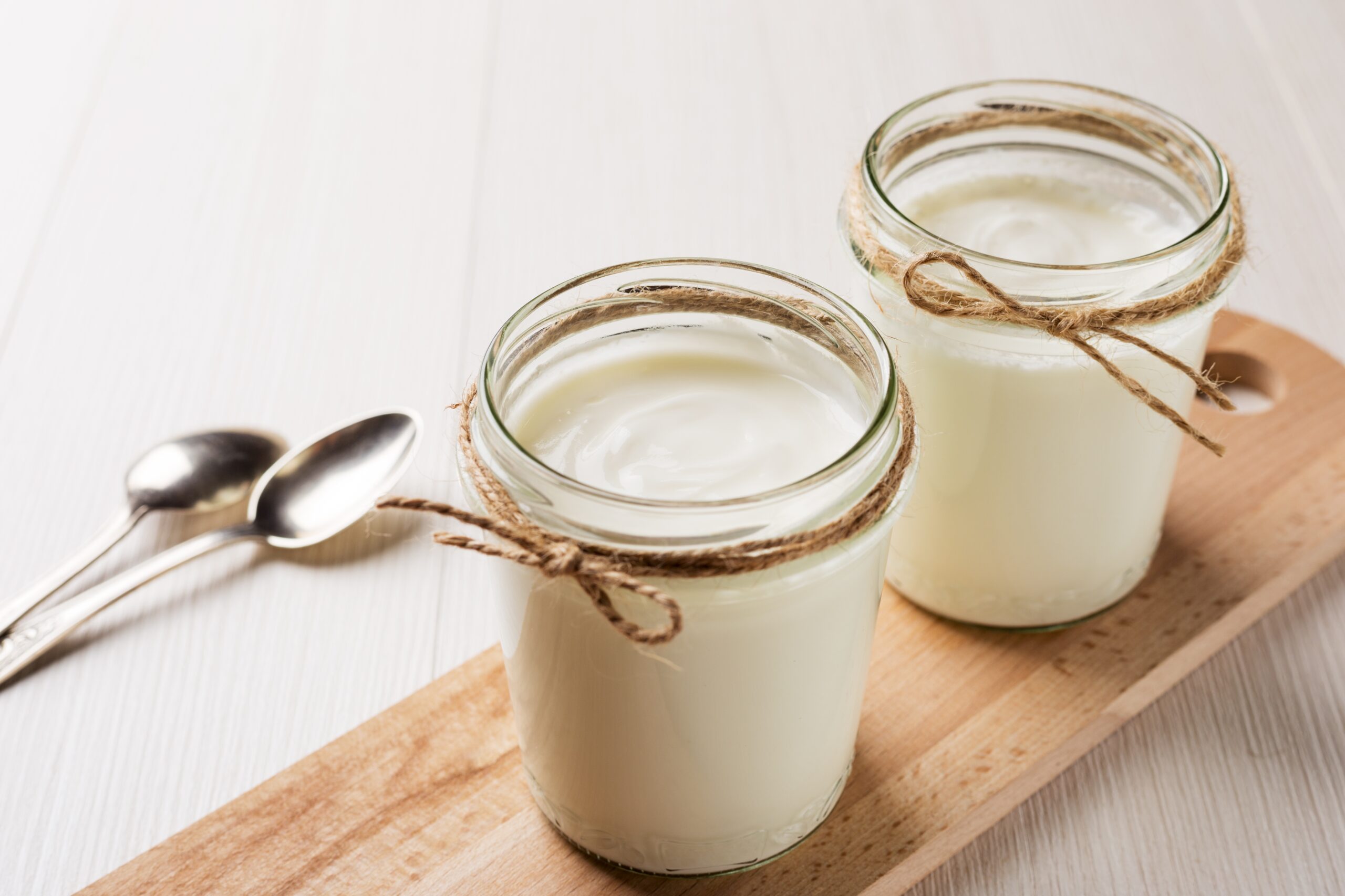
Yogurt is made by fermenting milk with live bacteria, typically Lactobacillus and Bifidobacterium strains. These probiotics help improve gut health by replenishing good bacteria, enhancing digestion, and reducing symptoms of bloating. Regular consumption can also strengthen the gut lining, lowering the risk of digestive disorders. Many yogurts contain live cultures that support the breakdown of lactose, making it easier to digest for people with lactose intolerance. Yogurt is also rich in calcium and protein, contributing to overall health. It’s a versatile food that can be eaten alone or incorporated into smoothies, cereals, or savory dishes.
Kefir
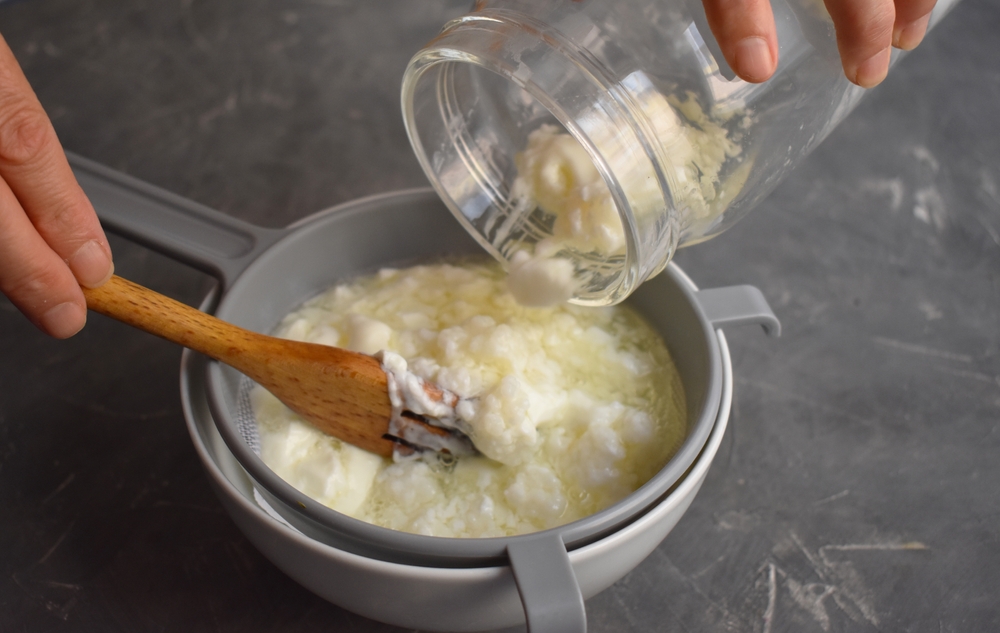
Kefir is a fermented dairy product, similar to yogurt but more liquid in consistency. It’s made from kefir grains, a combination of yeast and bacteria that ferment milk. Kefir is rich in probiotics, which help balance the gut microbiome and improve digestion. It has been shown to reduce inflammation in the digestive tract and is easier to digest than regular milk. The fermentation process breaks down lactose, making it a suitable option for lactose-intolerant individuals. Kefir can also aid in nutrient absorption, particularly of calcium and magnesium.
Sauerkraut
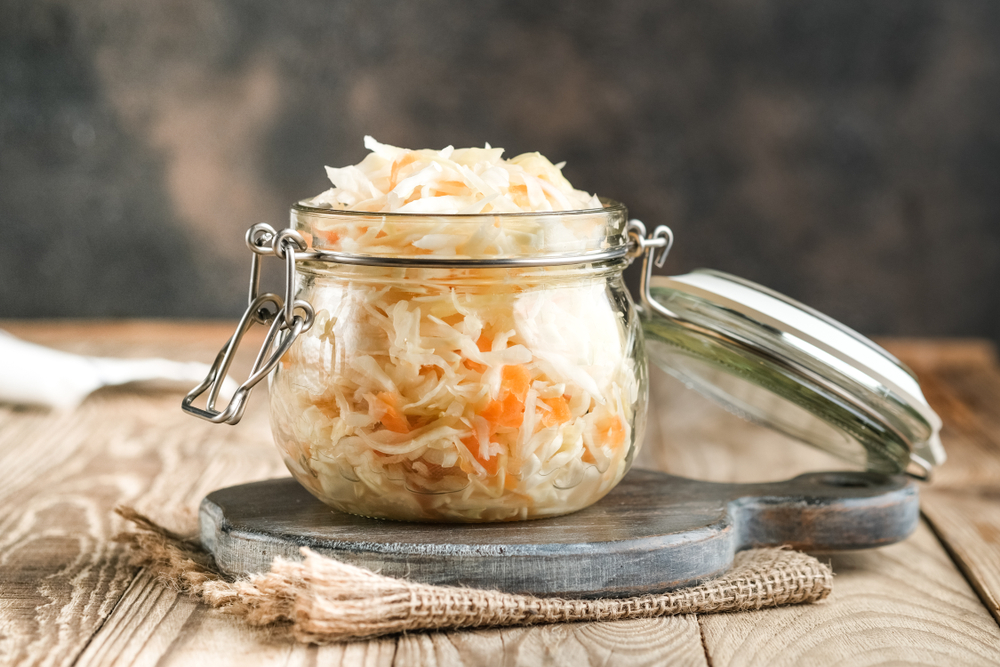
Sauerkraut, made from fermented cabbage, is one of the oldest forms of preserved food. Its fermentation process produces beneficial probiotics that promote healthy digestion and boost the immune system. The fiber in sauerkraut helps regulate bowel movements and prevents constipation. In addition to its probiotic content, sauerkraut is rich in vitamins C and K, which support overall health. The fermentation process enhances the bioavailability of nutrients, making them easier for the body to absorb. Regular consumption can reduce bloating and improve gut function.
Kimchi
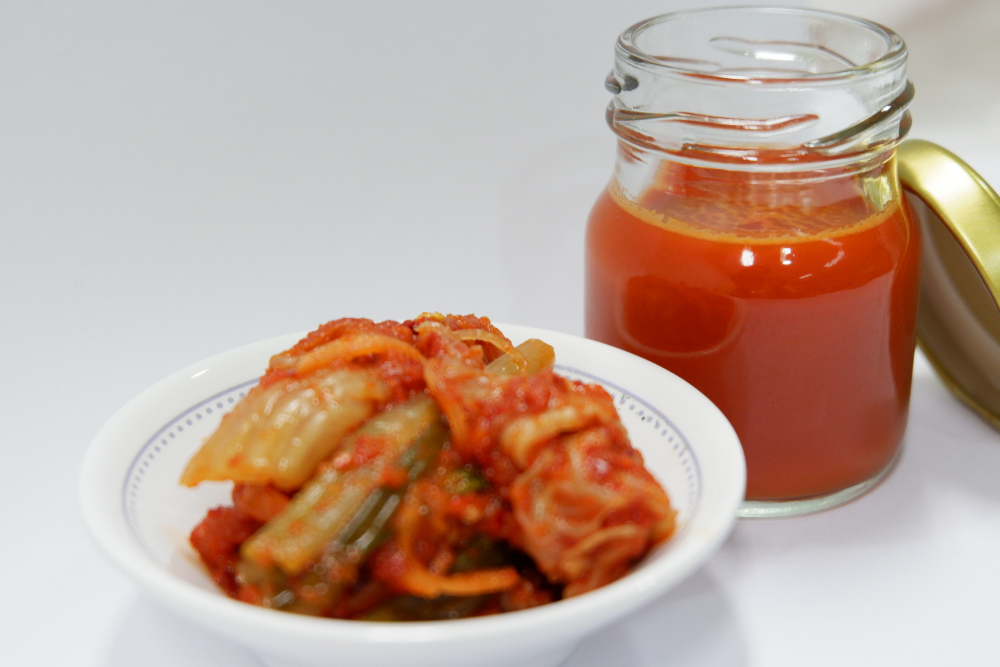
Kimchi is a traditional Korean dish made from fermented vegetables, primarily napa cabbage and radishes, seasoned with spices and garlic. It contains beneficial bacteria like Lactobacillus, which support gut health by improving digestion and reducing inflammation. Kimchi is also rich in fiber, vitamins A and C, and antioxidants, which contribute to digestive and overall health. The fermentation process helps break down the carbohydrates in the vegetables, making them easier to digest. Regular consumption of kimchi can help balance the gut microbiome, promoting a healthy digestive system.
Miso
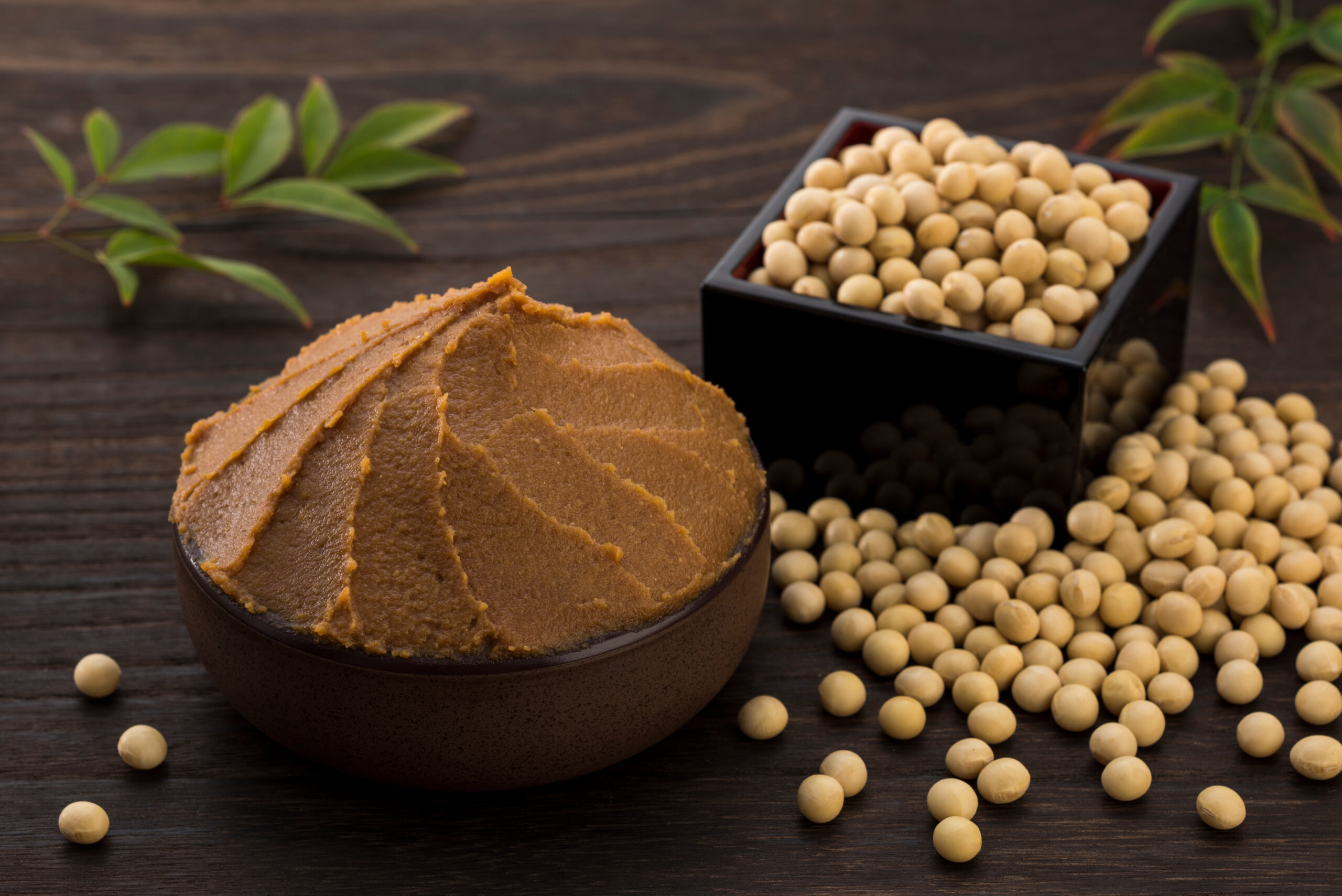
Miso is a Japanese paste made from fermented soybeans, often used in soups and sauces. It contains a variety of probiotic strains that enhance digestion by promoting the growth of beneficial bacteria in the gut. Miso is also rich in enzymes that aid in the breakdown and absorption of nutrients. The fermentation process enhances its nutritional profile, making it a good source of vitamins, minerals, and antioxidants. Miso may also help reduce inflammation in the digestive system, supporting overall gut health. Incorporating miso into your diet can improve digestion and boost immunity.
Tempeh
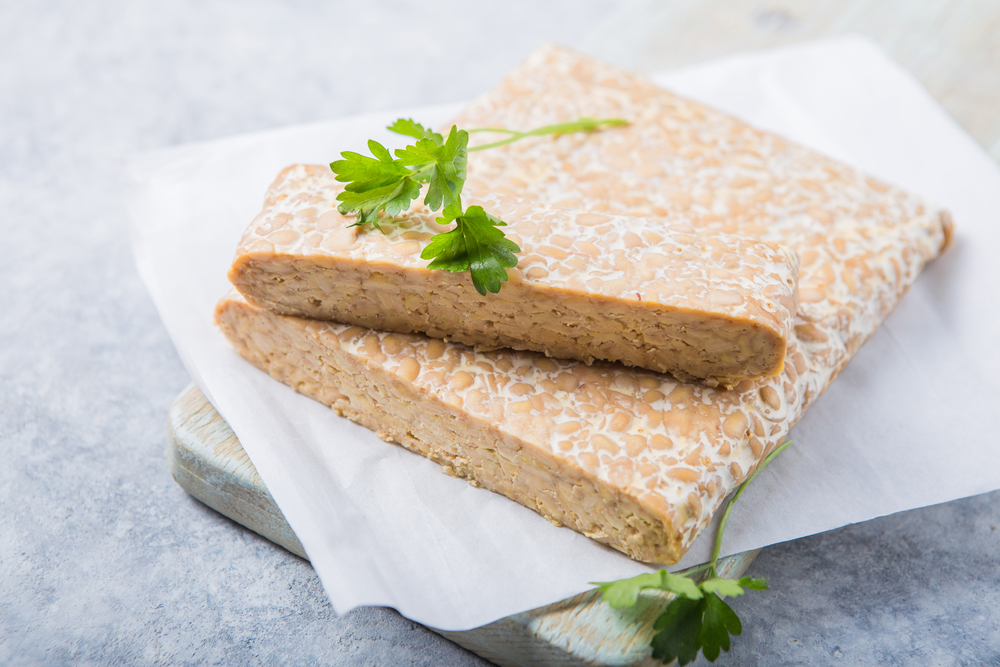
Tempeh is a fermented soy product, originally from Indonesia, that’s high in protein and probiotics. It’s made by fermenting soybeans with a mold called Rhizopus, which binds them into a cake-like structure. Tempeh’s fermentation process increases its nutritional value, making it easier to digest than other soy products. It also contains prebiotics, which feed beneficial gut bacteria, further enhancing digestion. The protein and fiber content of tempeh helps regulate bowel movements and prevent bloating. It’s a versatile food that can be used in a variety of dishes, from stir-fries to salads.
Kombucha
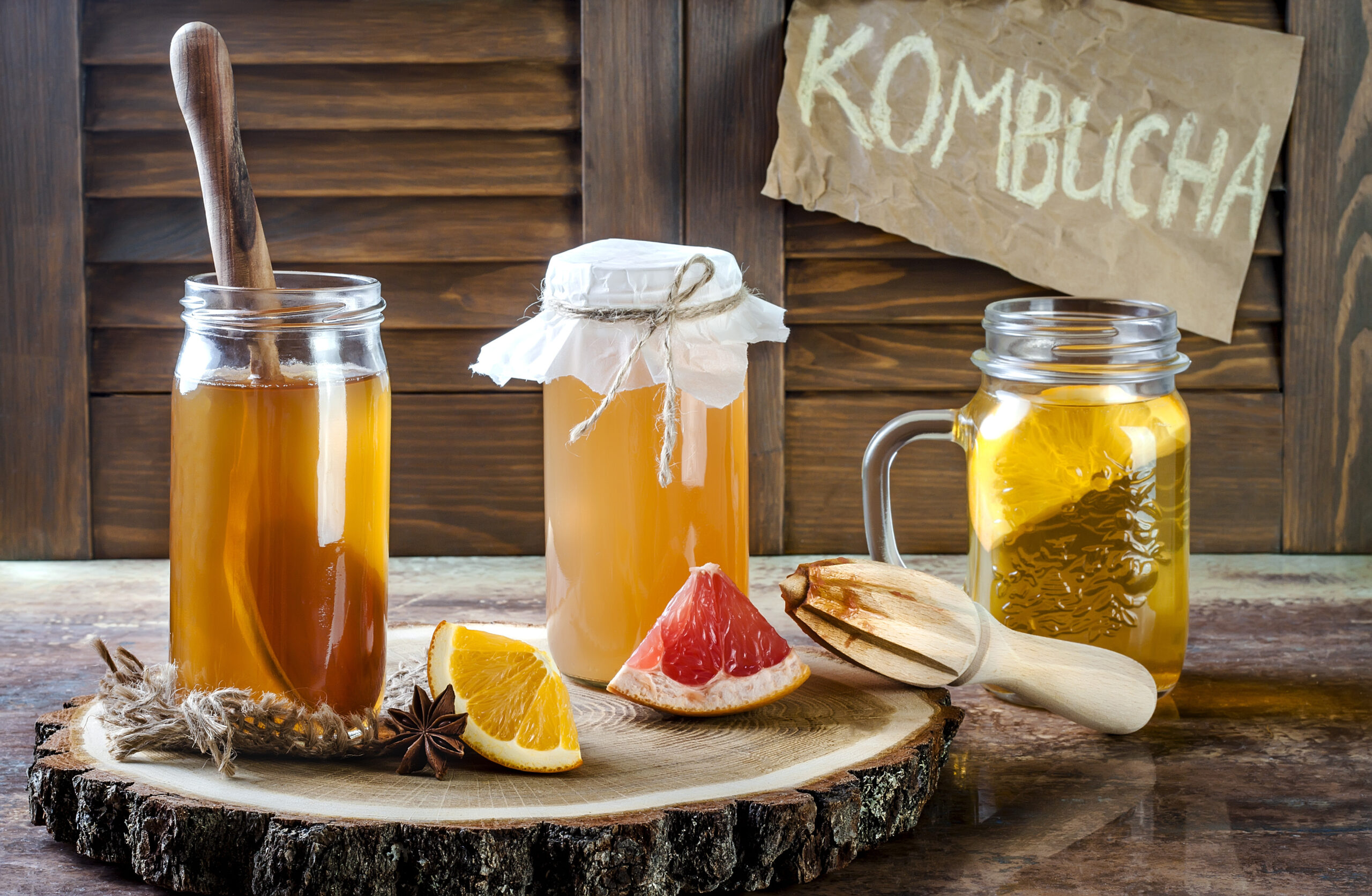
Kombucha is a fermented tea made with sugar, yeast, and a symbiotic culture of bacteria. The fermentation process creates beneficial probiotics that improve digestion by balancing gut bacteria. Kombucha also contains antioxidants, which help reduce inflammation in the digestive tract. Regular consumption has been linked to improved liver function, which aids in the detoxification process. Kombucha is slightly effervescent, which can help relieve indigestion and bloating. It’s available in various flavors and can be consumed as a refreshing, gut-friendly drink.
Natto
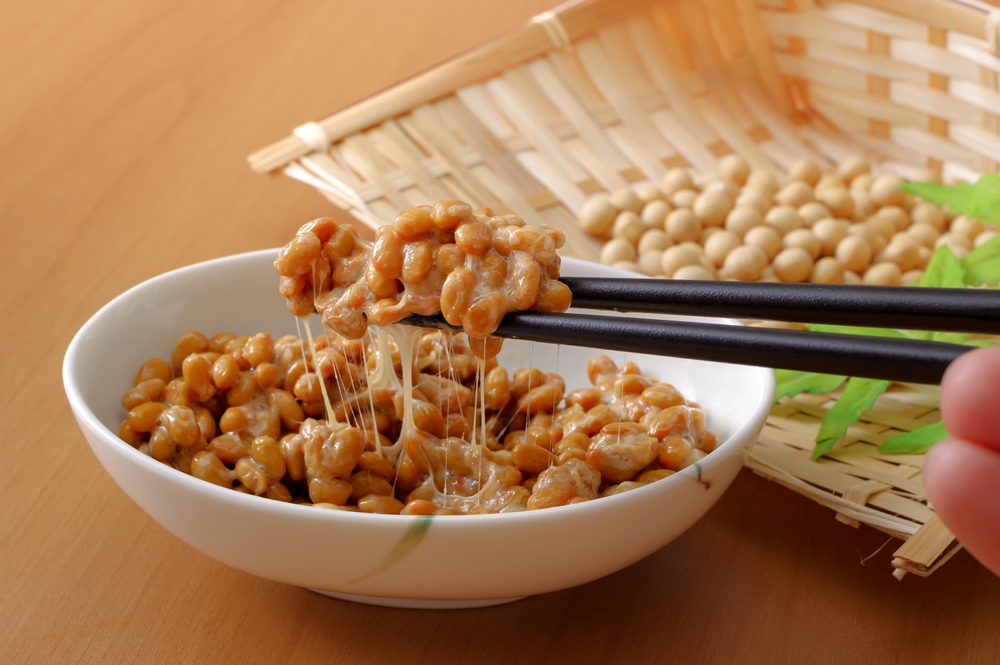
Natto is a traditional Japanese food made from fermented soybeans and contains the beneficial bacterium Bacillus subtilis. It’s known for its strong flavor and sticky texture, but its probiotic content supports healthy digestion. Natto also contains nattokinase, an enzyme that aids in the breakdown of proteins and improves nutrient absorption. It’s a rich source of vitamin K2, which plays a role in calcium metabolism and bone health. The fermentation process enhances the digestibility of soybeans, making natto a highly nutritious option. Consuming natto regularly can improve gut health and support cardiovascular health.
Pickles

Pickles, especially those fermented in brine, are a good source of probiotics that can benefit digestion. The fermentation process involves lactic acid bacteria, which promote the growth of healthy gut flora. These bacteria help break down food more efficiently, reducing symptoms of indigestion. Pickles are also a low-calorie snack that provides antioxidants and electrolytes, supporting overall health. The probiotics found in fermented pickles can help alleviate symptoms of irritable bowel syndrome (IBS). Make sure to choose naturally fermented pickles, as those made with vinegar do not contain live cultures.
Buttermilk
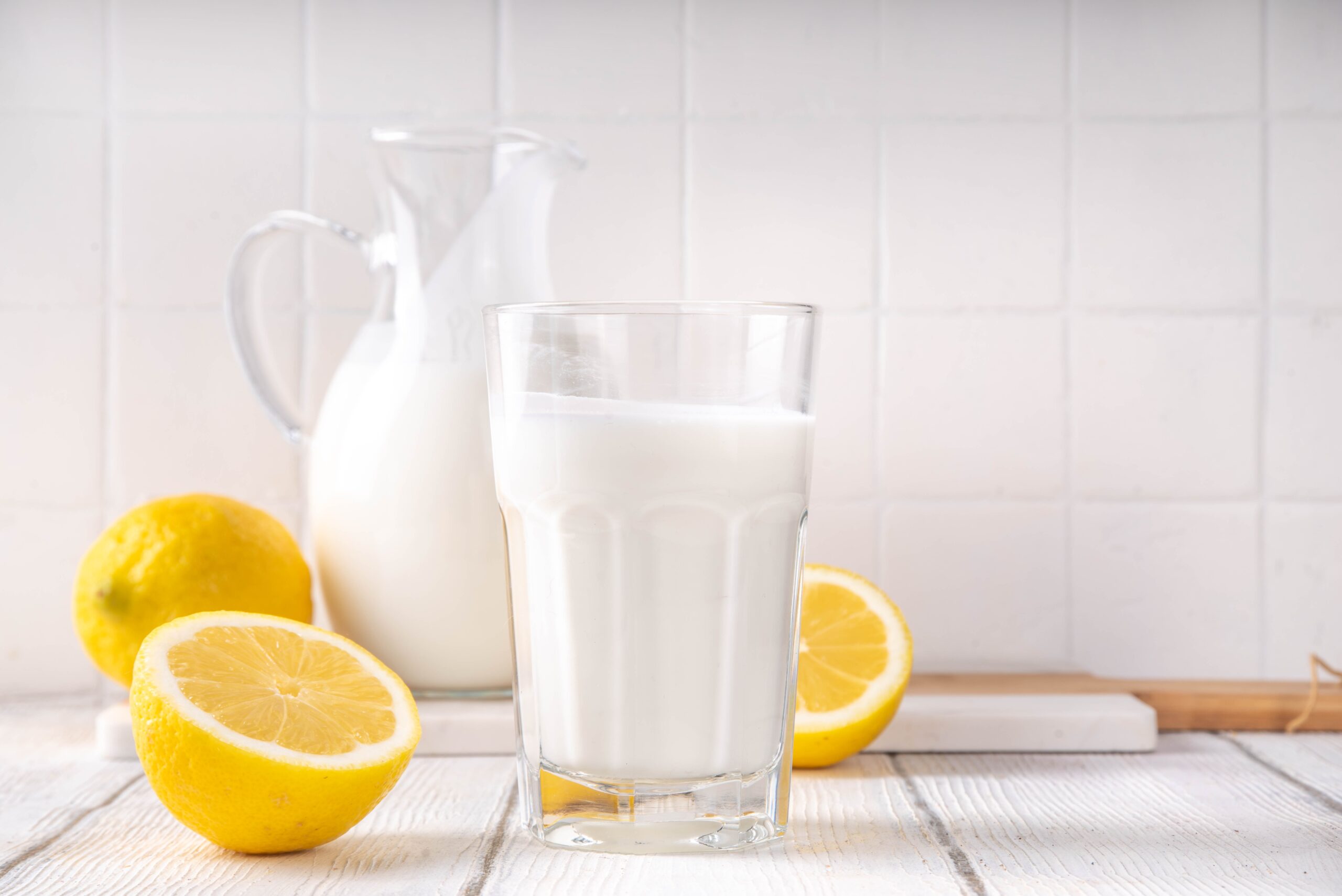
Traditional buttermilk is a fermented dairy product rich in probiotics, particularly Lactococcus lactis. These probiotics support the balance of gut bacteria, promoting smooth digestion and reducing bloating. Buttermilk is also easier to digest than regular milk due to the fermentation process, which breaks down lactose. It contains vitamins, calcium, and protein, contributing to bone health and overall well-being. Drinking buttermilk can help soothe an irritated stomach and alleviate indigestion. It’s a refreshing beverage that can be enjoyed on its own or used in cooking and baking.
Kvass
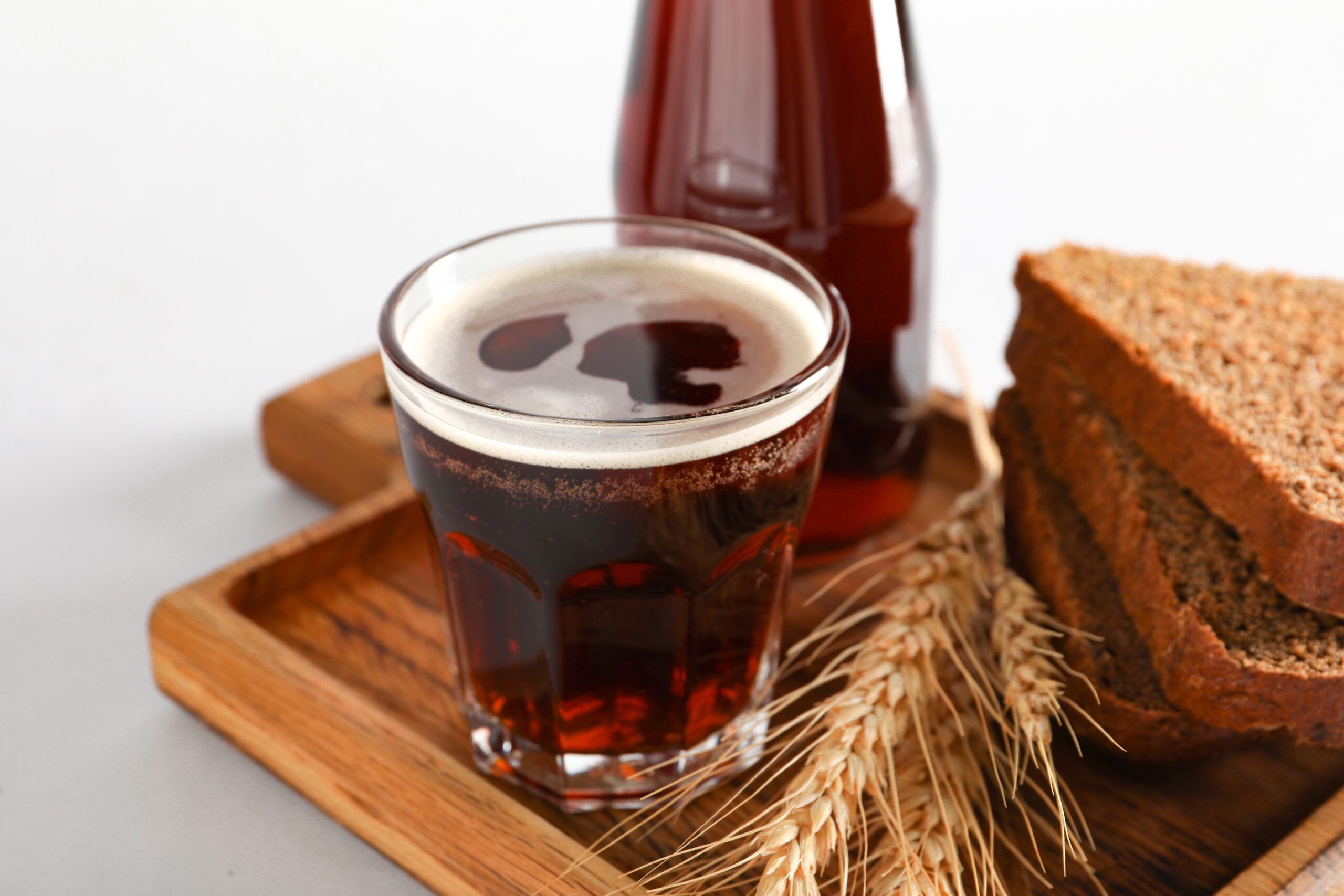
Kvass is a traditional fermented beverage from Eastern Europe, typically made from rye bread. The fermentation process results in a slightly sour, probiotic-rich drink that supports gut health. Kvass contains lactic acid bacteria that can help balance the microbiome and improve digestion. It also provides small amounts of B vitamins and electrolytes, which are essential for maintaining energy levels and proper hydration. The probiotics in kvass can alleviate digestive issues like bloating and indigestion. It’s a refreshing drink with a unique taste that can be enjoyed as part of a balanced diet.
Sourdough Bread
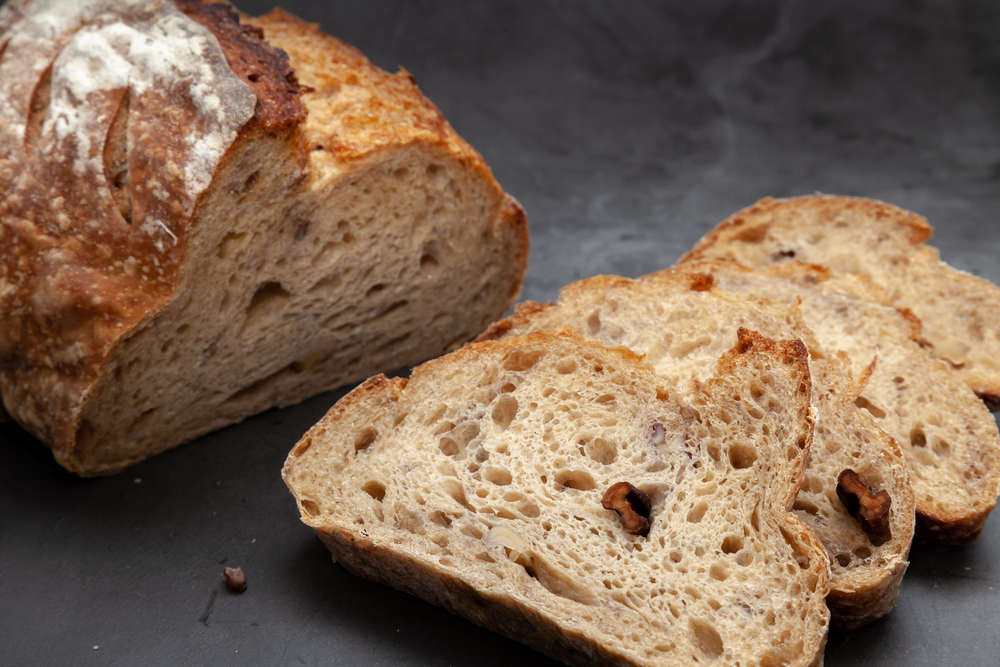
Sourdough bread is made through a natural fermentation process, using wild yeast and lactic acid bacteria. This fermentation makes the bread easier to digest than conventional bread, as the bacteria break down gluten and other complex carbohydrates. The probiotics present in sourdough help improve gut health by promoting the growth of beneficial bacteria. Sourdough also has a lower glycemic index than regular bread, making it a better option for blood sugar control. The fermentation process enhances the bioavailability of minerals like iron and magnesium, improving nutrient absorption. It’s a delicious and healthier alternative to standard bread varieties.
Fermented Garlic
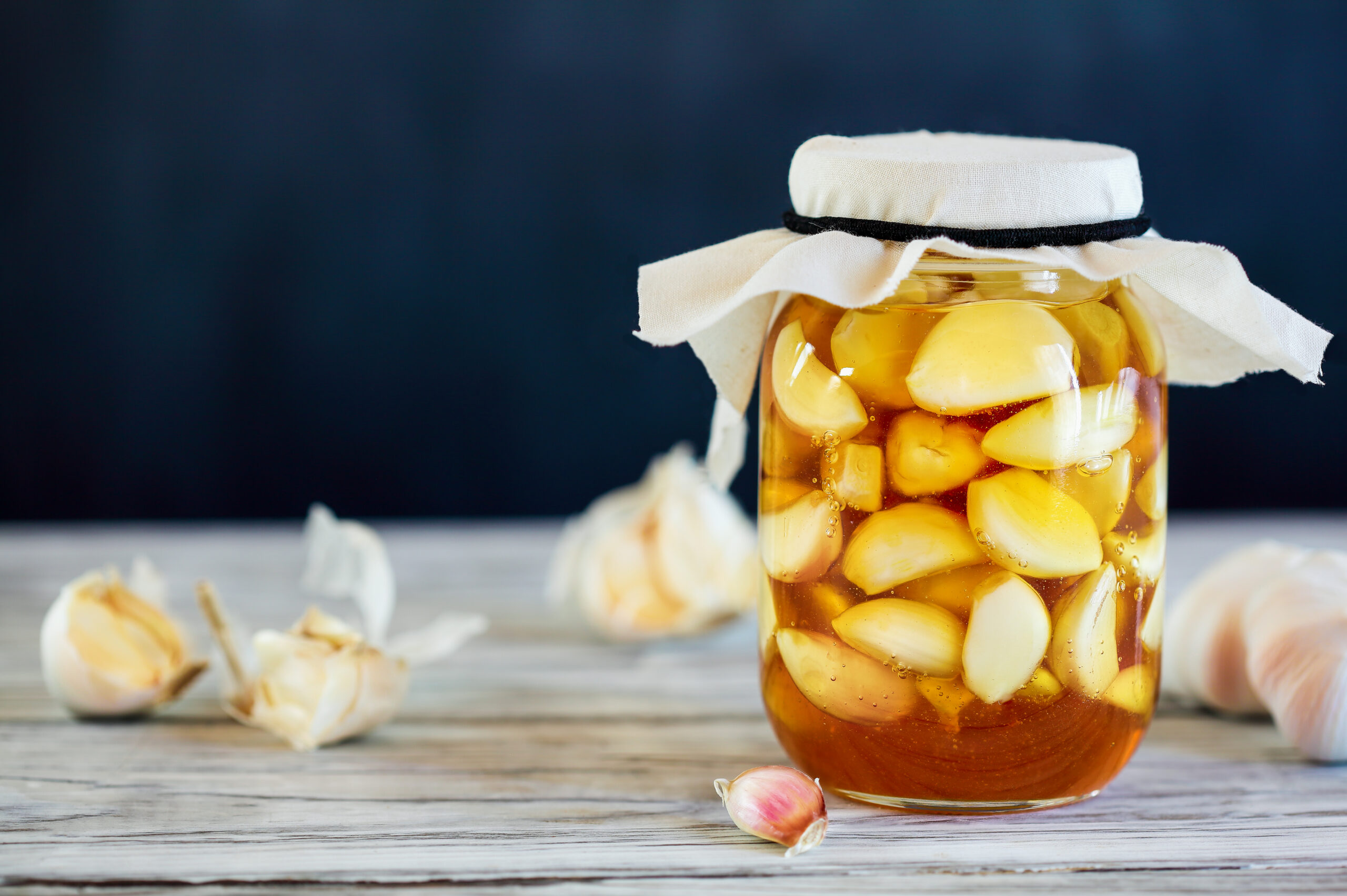
Fermented garlic is rich in antioxidants and probiotics, offering both digestive and immune-boosting benefits. The fermentation process enhances the bioavailability of allicin, the active compound in garlic, making it easier for the body to absorb. Fermented garlic also contains lactic acid bacteria, which improve gut flora and support digestion. Its antimicrobial properties can help reduce harmful bacteria in the digestive tract, improving overall gut health. Regular consumption can reduce inflammation in the gut and support the digestive process. Fermented garlic can be added to dishes or consumed directly for its health benefits.
Fermented Carrots
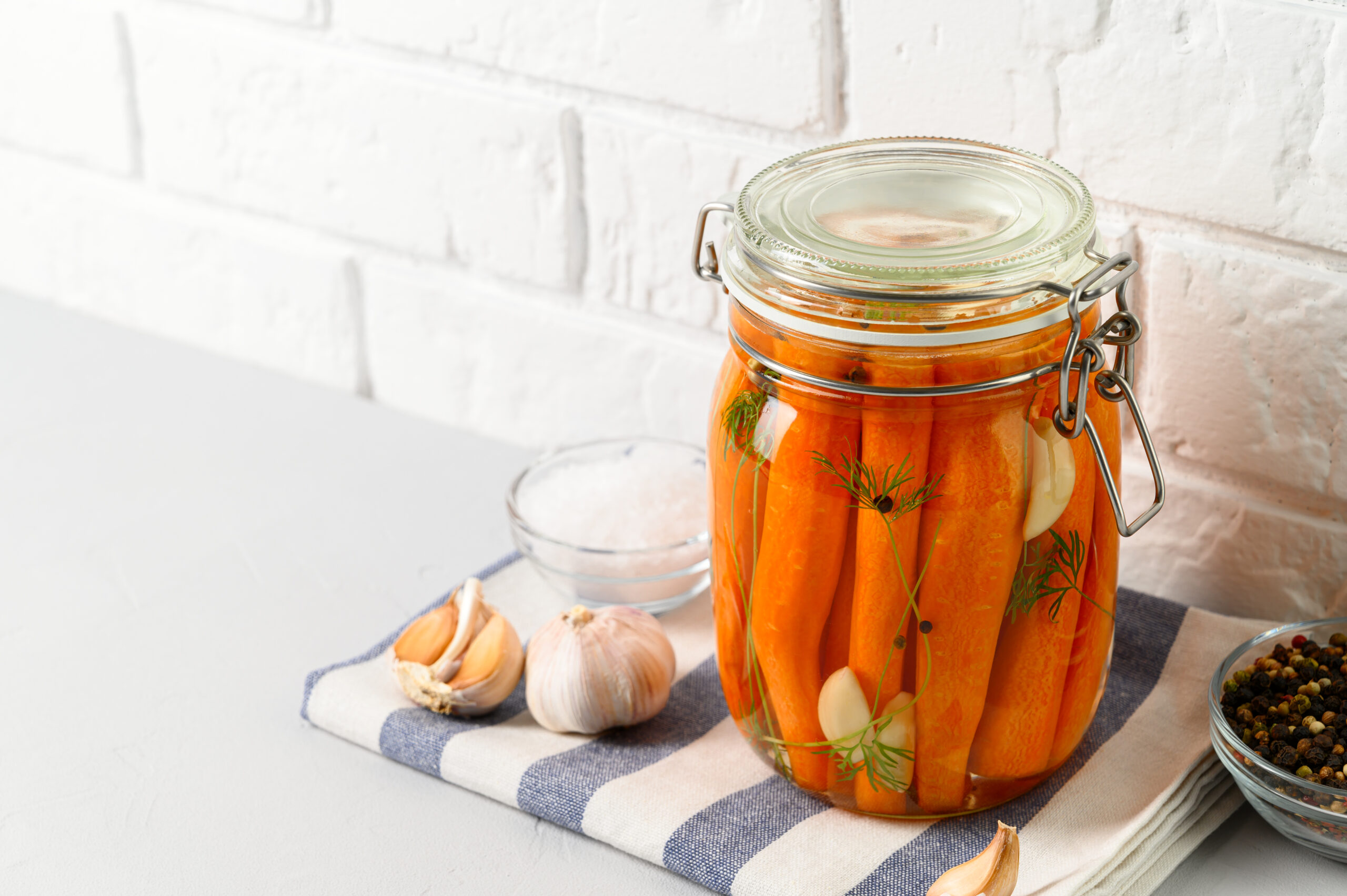
Fermented carrots are a crunchy and tangy way to boost your probiotic intake. The natural fermentation process enhances the nutritional value of carrots by increasing their probiotic content. Fermented carrots contain beneficial bacteria that support gut health by improving digestion and nutrient absorption. The fiber in carrots aids in regulating bowel movements, while the probiotics help balance the gut microbiome. These fermented vegetables are also rich in beta-carotene, which supports eye and skin health. Fermented carrots can be eaten as a snack or added to salads for extra crunch and gut health benefits.
Idli
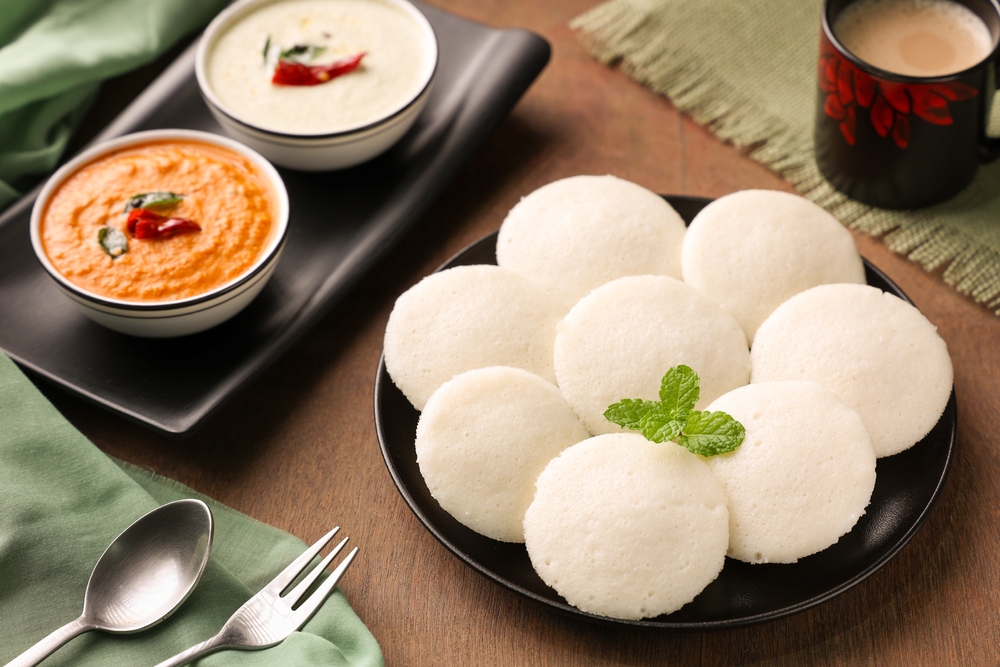
Idli is a traditional South Indian dish made from fermented rice and urad dal (black lentils). The fermentation process produces probiotics that promote healthy digestion and improve gut flora. Idli is easy to digest because the fermentation breaks down complex carbohydrates and proteins, making nutrients more accessible. It’s also a good source of fiber, which supports bowel regularity and reduces bloating. The probiotic content of idli can help balance gut bacteria, improving overall digestive health. This dish is often eaten for breakfast and is a light yet nourishing way to start the day.
Lassi
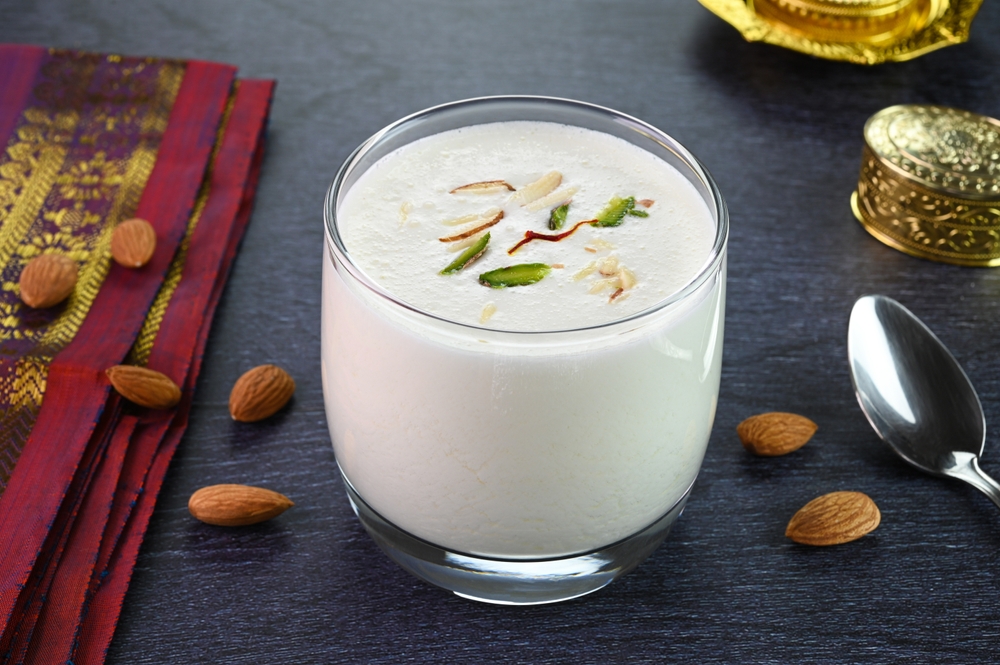
Lassi is a traditional Indian yogurt-based drink that’s rich in probiotics and beneficial for digestion. Made from fermented yogurt, lassi contains live cultures that support the gut microbiome and improve digestive health. It is often flavored with fruits, spices, or herbs, enhancing both its taste and nutritional value. The probiotics in lassi help regulate bowel movements and reduce symptoms of indigestion. It also contains calcium and protein, which contribute to overall health. Lassi is a cooling and refreshing drink, often consumed after meals to aid digestion.
Gochujang
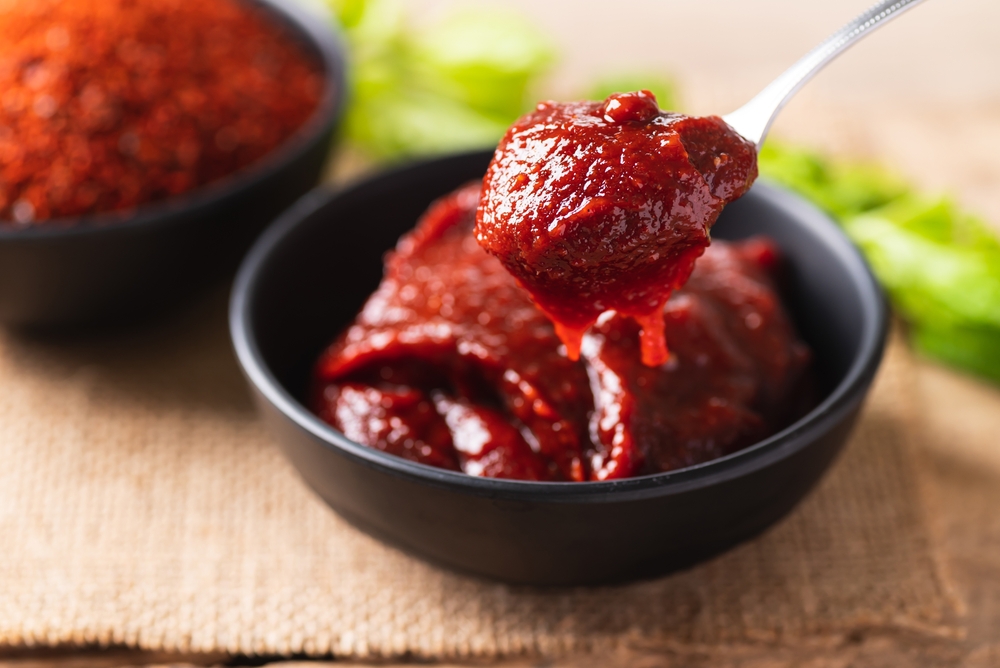
Gochujang is a Korean fermented chili paste made from chili powder, glutinous rice, and soybeans. The fermentation process gives it a complex flavor while also providing probiotics that support gut health. Gochujang is rich in capsaicin from the chili peppers, which has anti-inflammatory properties and can aid digestion. The probiotics in gochujang help balance gut bacteria, improving digestion and reducing bloating. Its high fiber content also promotes bowel regularity. Gochujang can be used as a condiment or in cooking, adding both flavor and health benefits to dishes.
Fermented Beets
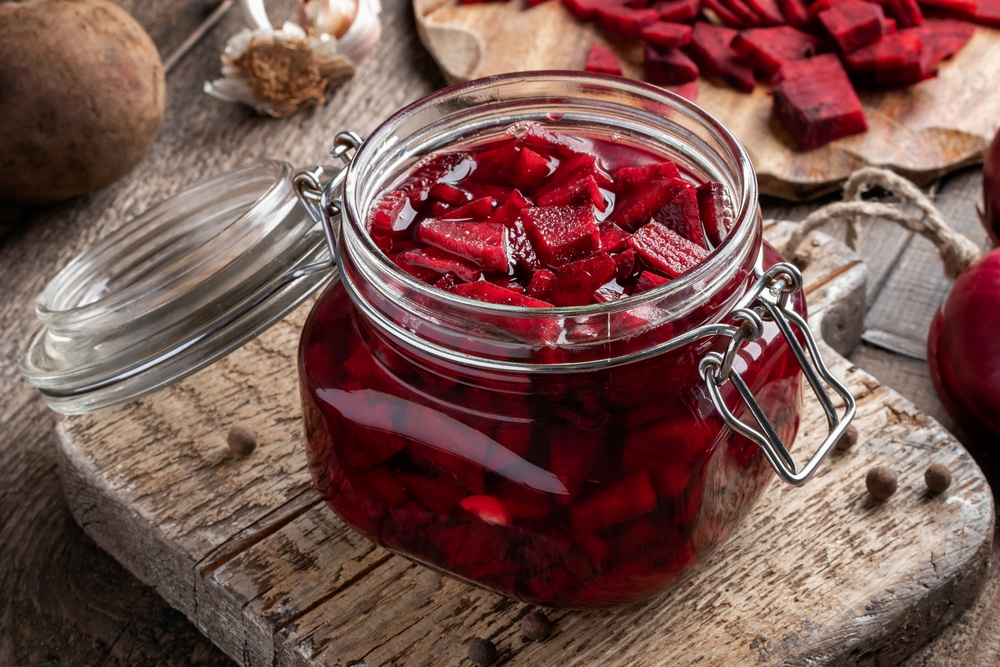
Fermented beets are another vegetable that becomes a probiotic-rich superfood through the fermentation process. Beets are already rich in fiber and antioxidants, but fermentation increases their probiotic content, supporting gut health. The natural sugars in beets are converted into lactic acid, which acts as a prebiotic, feeding the beneficial bacteria in the gut. Fermented beets help improve digestion by promoting regular bowel movements and reducing inflammation in the digestive tract. They are also rich in nitrates, which support heart health by improving blood flow. Fermented beets can be eaten on their own or added to salads for a nutrient boost.
This article originally appeared on RetailShout.
More From RetailShout
16 Pro Tips for Mastering Cooking with Alcohol

Incorporating alcohol into your recipes can elevate your dishes in ways you might not have imagined. To help you with the challenges of cooking with alcohol, here are some helpful tips that you can apply when working with alcohol in the kitchen. Read More
17 Common Mistakes People Make When Cooking Spam
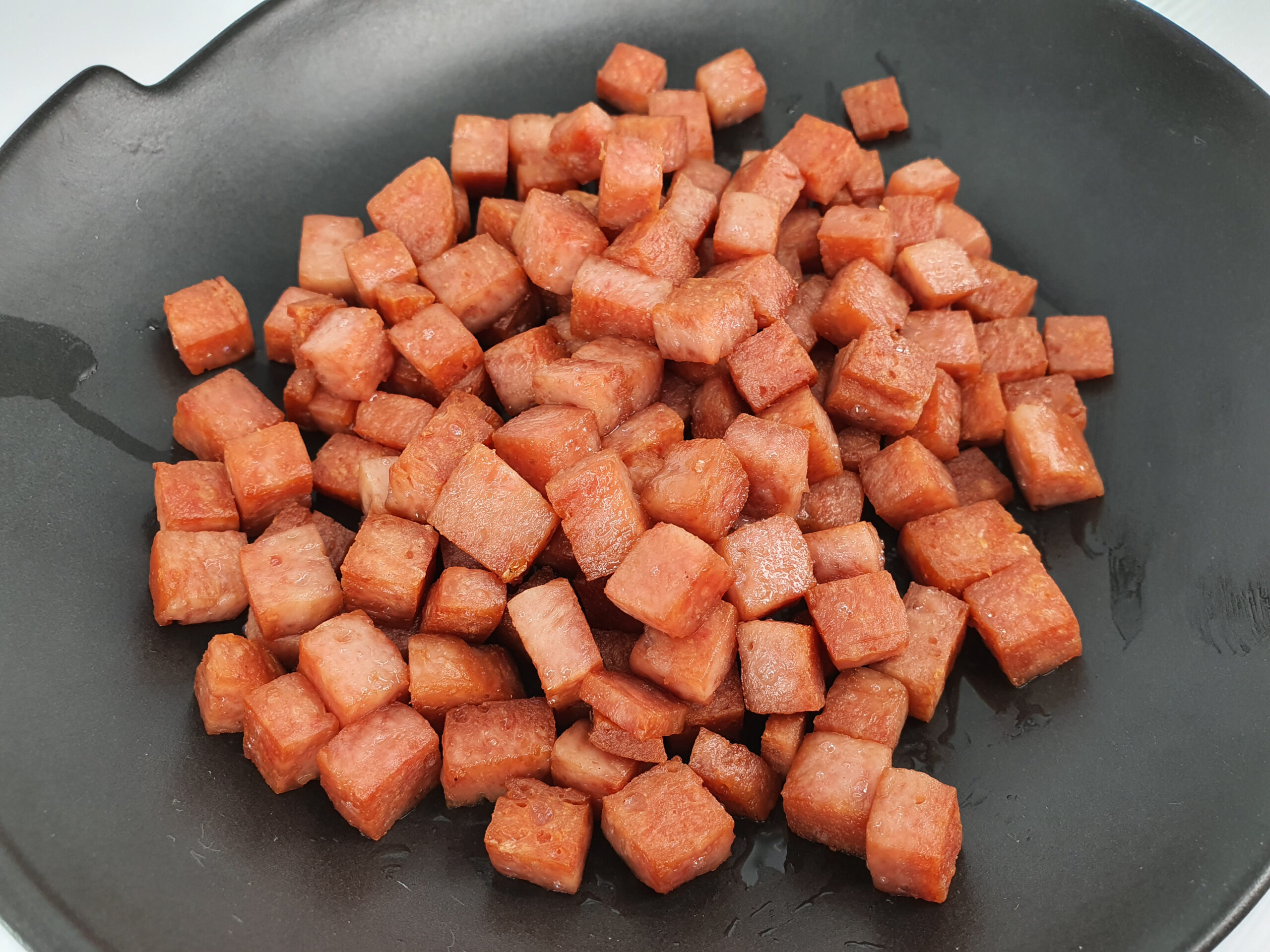
Spam might not be the fanciest item in your pantry, but it’s definitely a versatile and beloved staple for many. But, as with any ingredient, there are common mistakes that can trip you up and undermine your dish’s potential. Here are the 17 most common mistakes you may knowingly or unknowingly make that you need to avoid, so you can get the most out of your Spam. Read More.
16 Tasty Salad Additions for a Nutritional Upgrade
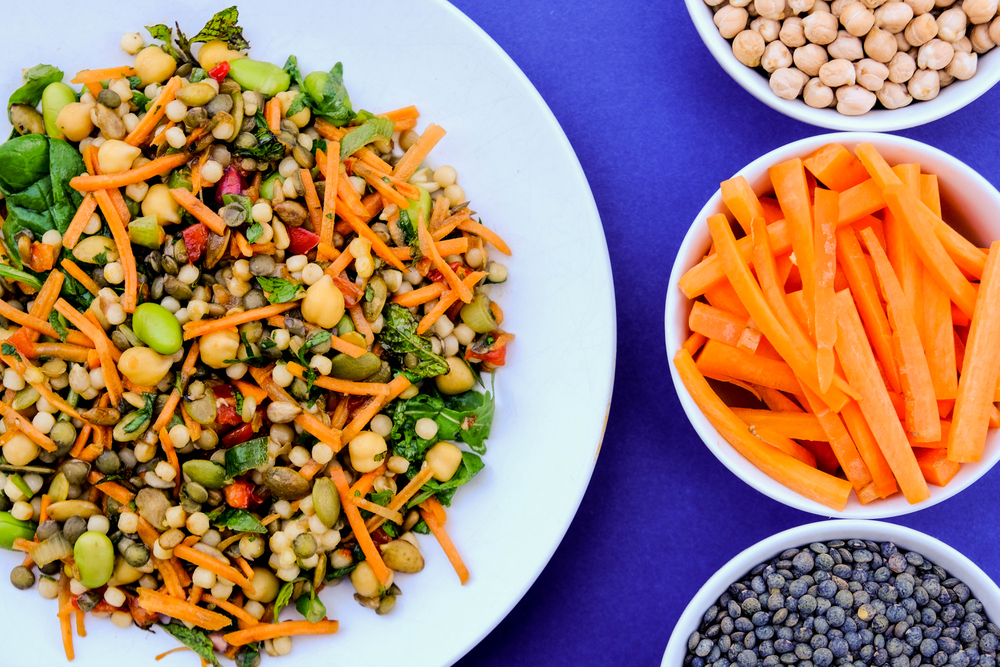
Adding a little extra to your salad doesn’t have to be complicated. From crunchy seeds to creamy cheeses, and everything in between, each addition brings its own unique benefits to the table. These options not only make your salad more exciting but also help you get the nutrients your body craves. Read More.


